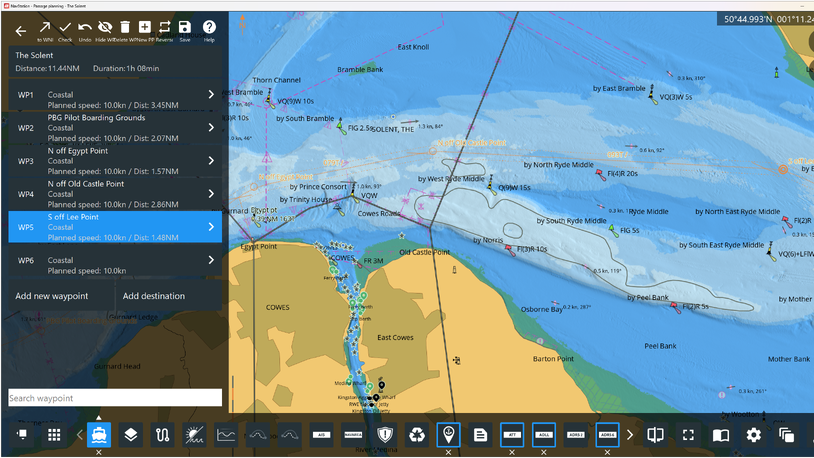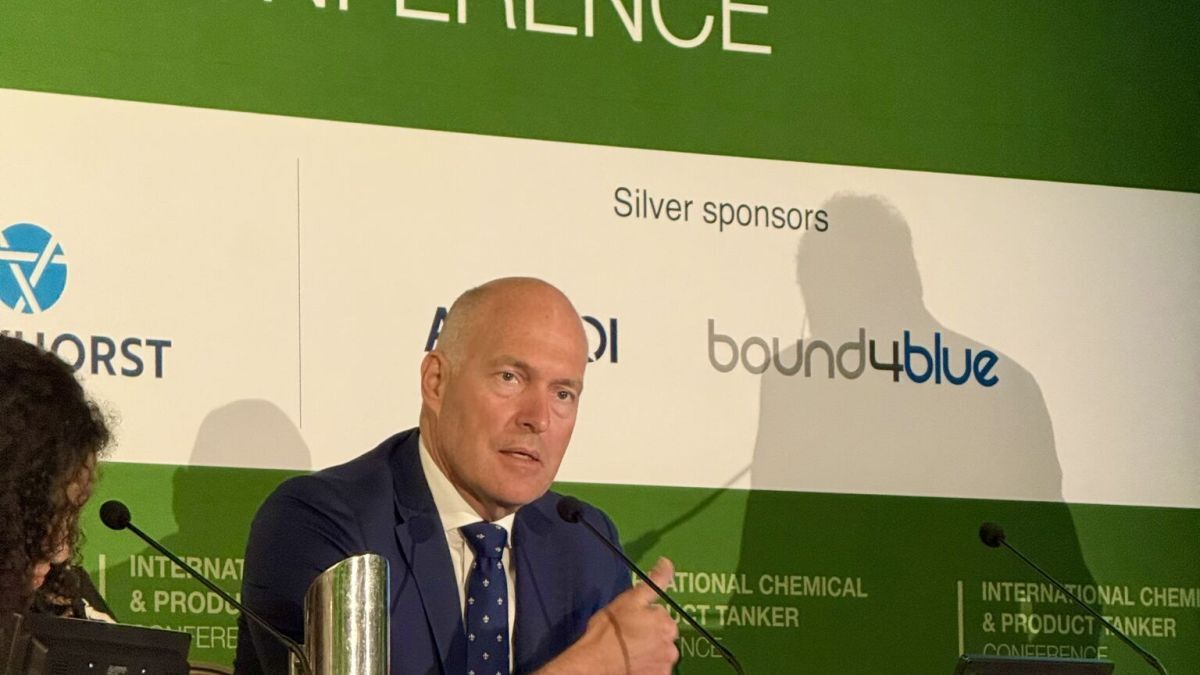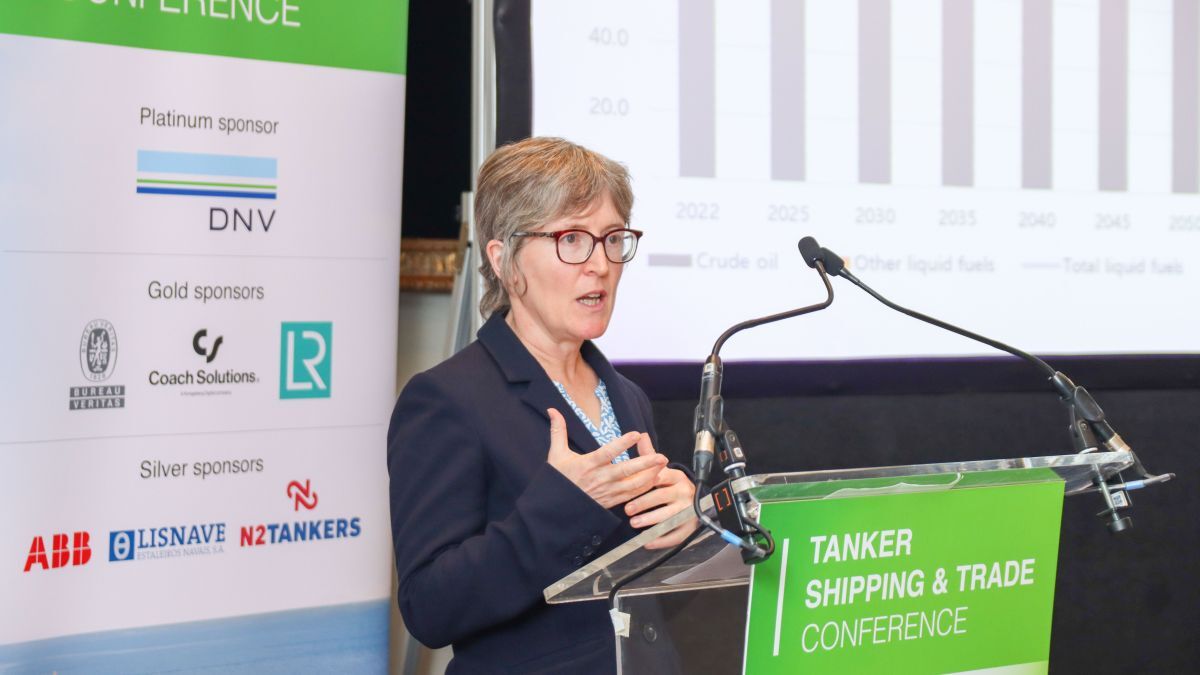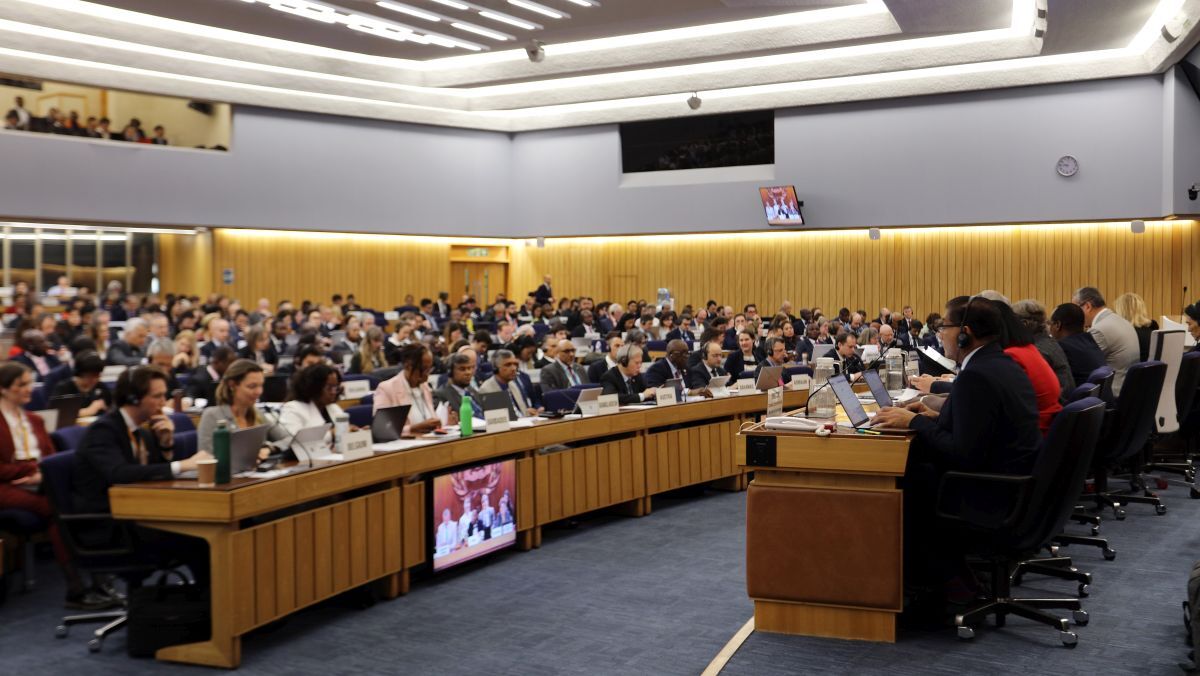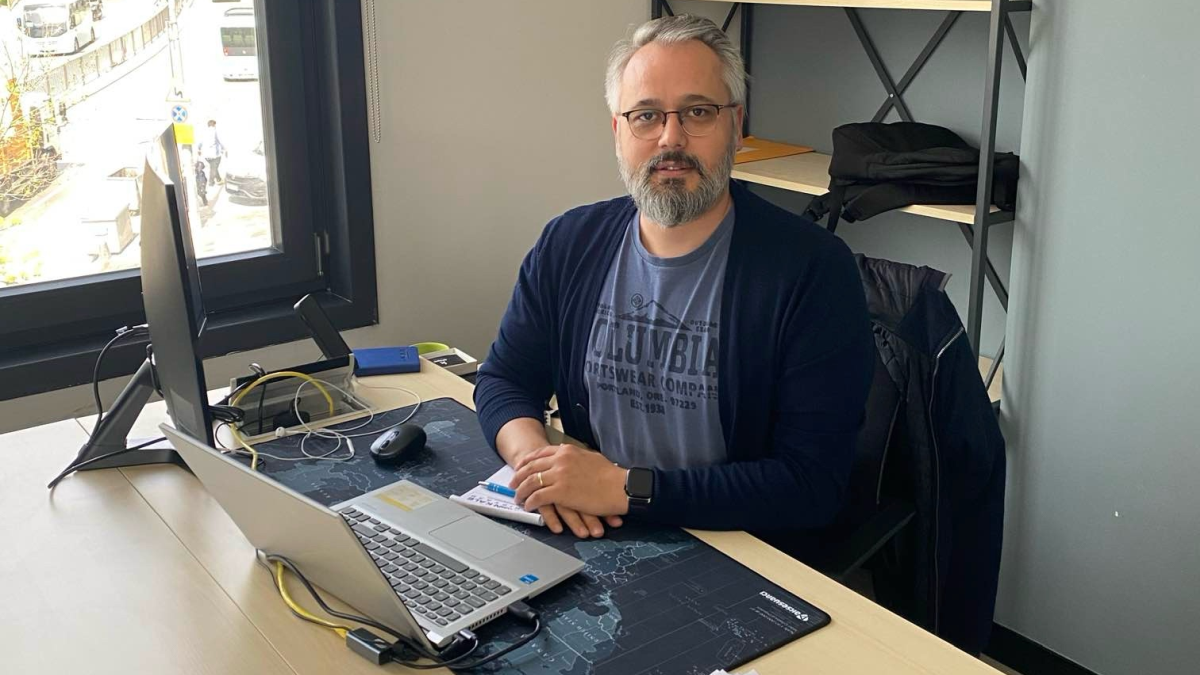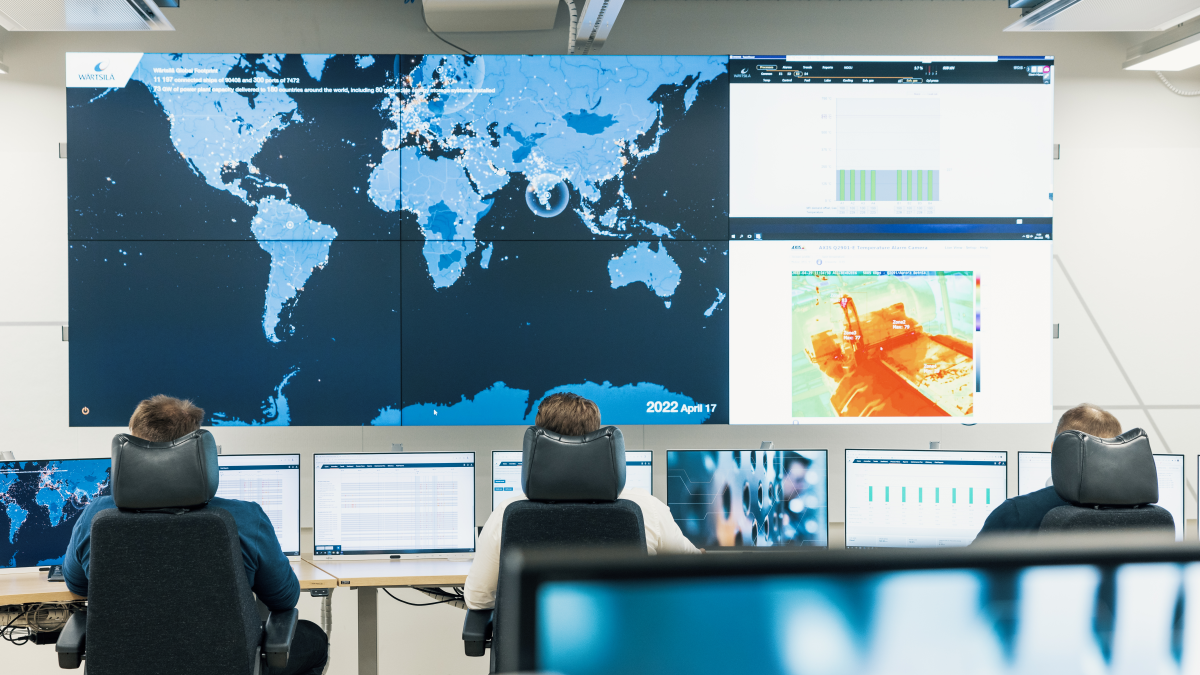Business Sectors
Events
Contents
Croatia on brink of LNG decision
Changing conditions have enhanced the viability of a long-mooted plan to build a Balkans LNG import terminal in northwestern Croatia
Changing conditions have enhanced the viability of a long-mooted plan to build a Balkans LNG import terminal in northwestern Croatia
Although there has been talk of a Croatian LNG import terminal since the mid-1990s, until now little progress has been made. However, changing conditions have brought the issue back into focus and a detailed study is now underway on the feasibility of a terminal able to receive up to 7.5 million tonnes of LNG per annum (mta) and to be in operation by 2012. In addition, the terminal’s marine jetty would be able to accommodate LNG carriers up to 265,000m3 in size. The proposal calls for the capacity of the facility to be expanded to 11.5 mta at some later date should the need arise.
The Balkan countries do not have significant oil or natural gas reserves and most of the gas consumed in the region arrives from Russia via pipeline. Ironically, Croatia is the most self-sufficient Balkan nation in terms of domestic natural gas production, with about two-thirds of its supply coming from local fields. However, reserves are limited and set to draw down significantly over the coming decade. Because the Croatian LNG terminal would be built to serve not only the local market but also neighbouring countries, including Austria, Hungary and Italy, the facility would help a major part of South East Europe diversify its gas resources and ease its dependency on Russian pipeline supplies.
In recent months five European energy companies have established a new company, Adria LNG, to develop the LNG receiving terminal, the favoured location being Krk Island off Croatia’s northwestern coast. The shareholders in Adria LNG are E.ON Ruhrgas, with a 31.15 per cent stake, Total 25.58 per cent, OMV 25.58 per cent, RWE 16.69 per cent and the Slovenia gas company Geoplin 1 per cent.
The partners are set to complete their feasibility study over the coming months to enable a final investment decision to be made in 2008. The investigation will build on the exploratory work undertaken when the project was first mooted in 1995 and more recent efforts by the Adria LNG Study Company.
Krk Island is the largest and northernmost of the many islands in the Adriatic Sea. The LNG terminal is earmarked for the port of Omisalj on the northwestern shore of the island and a site close to the existing marine terminals serving the Janaf oil refinery and the Dina petrochemical complex. Omisalj handled 5.7 million tonnes of crude oil, liquid chemicals and petrochemical gases in 2006 and is no stranger to oil and gas tanker traffic. E.ON Ruhrgas, which also holds a stake in Geoplin, possesses the building rights to the proposed Krk Island site.
Over the coming year the Adria LNG consortium will be in discussions with a number of potential LNG suppliers, including in North Africa and the Middle East, with a view to arranging gas purchase contracts for the Krk Island project. LNG
Related to this Story
Women in Maritime Today: Elin Saltkjel says no day working in maritime is dull
Events
Maritime Environmental Protection Webinar Week
Cyber & Vessel Security Webinar Week
The illusion of safety: what we're getting wrong about crews, tech, and fatigue
Responsible Ship Recycling Forum 2025
© 2024 Riviera Maritime Media Ltd.

